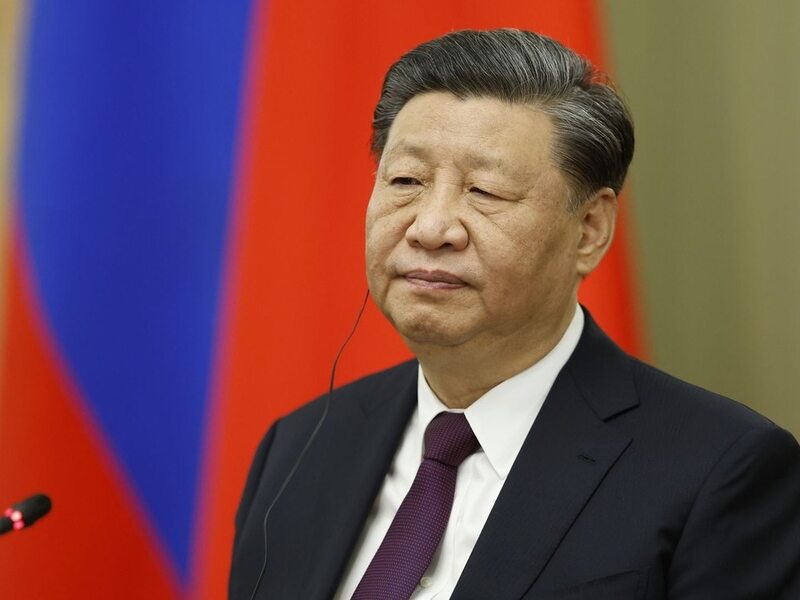
Presidential elections were held in Taiwan on Saturday, January 13. The ruling party's candidate Lai Chin-te won with 40.2 percent. voices. As the Western media points out, this is an “unpleasant surprise for China”. Ching-te supports Taiwan's separate identity and rejects China's territorial claims.
Tribute to USA
During the election campaign, Ching-te, who previously served as the country's vice president, pledged to maintain peace in the Taiwan Strait and stand with other major democracies, pointing to his party's ties to Washington.
President Xi Jinping's government in Beijing calls Ching-te, which considers its island an independent state, a “problem” and “separatist”.
Chen Binhua, a spokesman for China's Taiwan Affairs Office, said the election results “do not reflect mainstream public opinion on the island.” In the first comments after the election, the Chinese media avoided mentioning the winner.
– Even this (Chin-te's victory – editor's note) cannot stop the general trend of reunification of the motherland, which will definitely happen, added Chen Binghua. Beijing believes that Taiwan is an integral part of the country and does not hide that in the future it will take all steps to join the island motherland.
According to a senior official of the US administration, after the election, Joe Biden will send a bipartisan delegation to the island, consisting of former high-level officials. Meanwhile, Beijing opposes official contacts between other countries and the Taipei government.
The decision of Taiwanese voters to support Lai despite his party's fatigue underscored that their desire to keep China at bay outweighs growing frustration over domestic problems such as high property prices and slower-than-expected wage growth, the paper said.
(translate tags) China
